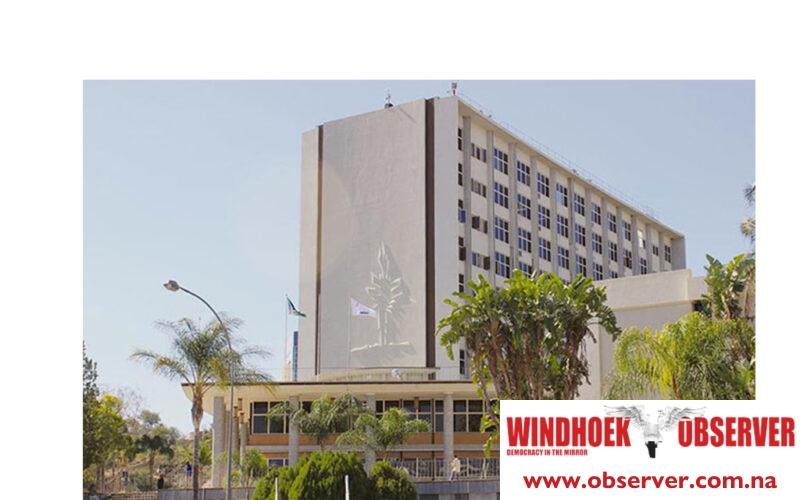Hertta-Maria Amutenja
Several Windhoek residents have filed legal action against the City of Windhoek, accusing the local authority of wrongful disconnection of water and electricity services.
According to the residence, this is done without prior notice and with improper billing practices.
According to court documents, the residents, including occupiers of properties across Katutura, claim that the city has unlawfully cut off basic services, despite some of them utilising pre-paid systems or making efforts to settle outstanding bills.
Katutura resident, Elizabeth Beukes claims her water and electricity were disconnected in November 2023 due to alleged arrears of over N$400 000.
The disconnection occurred without prior notice, and despite her paying about N$14 000 in May 2024, only the water was reconnected.
An additional N$50 000 penalty was required for an alleged illegal electricity connection, which she denies.
She lost both her water and electricity by the end of May, and starting in August 2024, she had to rely on solar power and gas for her household needs.
In a separate claim, Meriam Uiras has been without water and electricity since 2018.
Despite obtaining loans and making payments to the city, Uiras bills have not reflected these payments accurately.
Similar to Beukes, Uiras has a pre-paid electricity system, but the city has disconnected the services due to outstanding water bills.
Katutura Pinehas Gaiseb also faced disconnection of water and electricity in December 2022.
Gaiseb argues that the city disconnected electricity despite using a prepaid system for both water and electricity.
“The CoW failed to give adequate notice, disconnection was done unlawfully, and the charges related to alleged illegal connections are neither valid nor justified,” read the documents.
According to the documents, the remaining residents have also faced years of disconnection from basic services, with some alleging that they have been charged for illegal connections they did not install or that the water and electricity disconnections were tied to water arrears, despite using prepaid meters.
The defendants in the case include the City of Windhoek and its CEO, Moses Matyayi, who is also cited as a respondent.
The residents are now seeking relief from the court, arguing that COW actions were unlawful and that the city failed to provide adequate notice or proper billing transparency.
In response to the case, Matyayi said the municipal council had not officially received documents related to the matter and was awaiting further developments before taking any action.
“The city is aware of the case, but we have not yet been summoned,” he said.




